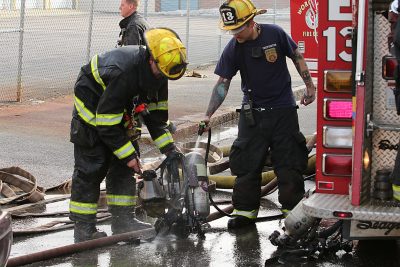Behavioral Health Support Programs
Behavioral health issues are not often discussed openly in the workplace in the United States, as the social stigma makes people reluctant to talk about mental health.
The good news is that fire fighters are more frequently having important conversations about their behavioral health, in part because of increased access to mental health and peer support programs.
Each shared story brings awareness to behavioral health conditions that affect so many in the fire service. Data on post-traumatic stress disorder (PTSD) and suicide rates have prompted fire service leaders to address these issues.
The culture of the fire service and the profession itself continues to evolve. The risks fire fighters face on the job today are more diverse — with calls for fatal car accidents, cardiac emergencies, substance overdoses, multi-casualty natural disasters or acts of terrorism, and active shooter events, as well as routine structural fires. With these increased risks come increased emotional stress.
Behavioral Health Solutions for Fire Fighters
Behavioral health support for fire fighters is more important than ever. Yet fire fighters may isolate themselves, believing others don’t have similar struggles.
In sharing their thoughts and feelings, many realize they are not alone. Treatment and other methods of support are available. Mental health training, workshops and even behavioral health apps are being developed. These support options can help fire fighters monitor and manage their behavioral health.
Peer support and training programs for IAFF members are designed to help fire fighters talk openly about behavioral health in the same context as other occupational health issues, such as cancer, heart disease and orthopedic health. Behavioral health advocates say these support programs can also reduce stigma, making it easier for fire fighters to discuss behavioral health more openly.
Some of the first behavioral health prevention programs were developed at the request of the Federal Emergency Management Agency (FEMA) following the September 11 terrorist attacks. [1]
The IAFF’s Role in Behavioral Health
The IAFF remains a leader in fire fighter behavioral health, working to increase awareness, provide critical education and technical assistance, and lobby for presumptive legislation.
The IAFF Department of Occupational and Behavioral Health Services has developed several key behavioral health initiatives.
The IAFF Online Behavioral Health Awareness Course is a two-hour course that fire fighters can complete at their own pace. The course provides an introduction to the behavioral health issues facing fire service professionals, including depression, substance use, occupational trauma, PTSD, suicide risk and prevention.
Other critical behavioral health initiatives include the IAFF Peer Support Training. Beginning in January 2020, the IAFF will launch its Resiliency Training and Peer Support Disaster Response Training.
In addition, the IAFF Center of Excellence for Behavioral Health Treatment and Recovery is a residential facility exclusively for IAFF members. Treatment is administered by clinicians and staff who are familiar with the unique mental and emotional challenges of a life in the fire service. Treatment is available for substance use disorders and behavioral health disorders including PTSD. The IAFF Center of Excellence provides the comfort and care needed for recovery.
If you or a fire fighter you know is living with a substance use disorder or a co-occurring disorder, help is available. Call today to learn more about treatment options and support. Telephones are staffed with professionals who understand the challenges you face. Get help from a program that works.
Medical Disclaimer: The IAFF Center of Excellence aims to improve the quality of life for people struggling with a substance use or mental health disorder with fact-based content about the nature of behavioral health conditions, treatment options and their related outcomes. We publish material that is researched, cited, edited and reviewed by licensed medical professionals. The information we provide is not intended to be a substitute for professional medical advice, diagnosis or treatment. It should not be used in place of the advice of your physician or other qualified healthcare provider.





